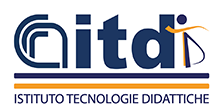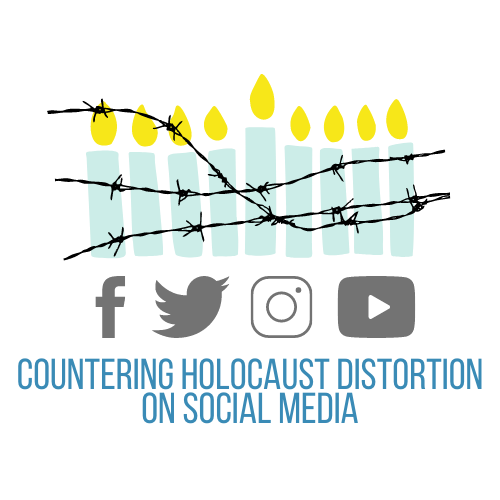The project is funded by the International Holocaust Remembrance Alliance (through the 2020 IHRA Grant Projects Program IHRA Grant # 2020 792; IHRA Grant Strategy 2019 2023, line 2 “Countering distortion”)
Framework
In the 21st century, with the widespread availability of digital technologies, and the omnipresence of the Internet, social media has become a major tool in the dissemination of hateful content and the peddling of incitement and intolerance. Small pieces of false, hateful and offensive content can quickly spread through various communication channels and become viral. Indeed, while their rise has enabled individuals and groups to connect on a global level and to have instant access to information and knowledge, it has also allowed the spread and dissemination of hateful content, including antisemitism and Holocaust denial and distortion. In order to confront various forms of online hate, scholars have developed strategies for combating online race hate, ranging from regulation to social activism, and include advocating for private web-based corporations to play a gatekeeping role which, while exerting considerable control over the flow of information on the Internet, should counteract the phenomenon by operating at the intersection of regulation (law), corporate social responsibility and human rights. However, alongside current efforts to regulate and limit hate speech on social media, there is also a need to promote positive use of social technologies via agreements with Internet intermediaries such as Google, Twitter, YouTube, Microsoft, and Facebook, as well as through appropriate legislation.
Unlike other initiatives aimed at fighting Holocaust distortion, in this proposal we focus on social media as a positive technology. The working hypothesis of this project is that Social media contributes to expand Holocaust knowledge and raise awareness about the many forms of Holocaust distortion, especially among the younger generations.
Objectives
We will provide insights and recommendations on how museums and memorial sites can play a key role in safeguarding the relevant historical record, reach audiences that are prone to be subjected to hateful content, including antisemitism and Holocaust denial and distortion, and provide factually correct (basic) information about the Holocaust. As a result, this project contributes to enlarge the plethora of educational material for students and teachers. Furthermore, the results can readily be introduced and adapted to other initiatives around this topic.
From this perspective, Holocaust museums and memorials will be able to play a double role:
- by confronting issues of antisemitism and Holocaust distortion in their social media profiles they can engage with their audience by providing supplementary information, replying to comments, and counteracting inflammatory, digressive or off-topic messages;
- by providing a reliable source of information which might be beneficial to students and teachers for Holocaust projects in schools and out of school, as well as for informal learning.
To achieve these aims, there is a need to raise awareness about the potential of social media channels among museums and memorials for Holocaust education so that they can engage their public not only for promoting their cultural activities and initiatives, but also by producing good practices of social media adoption as a means for disseminating accurate historical information.
Main activties
An extensive research about the social media profiles of ten Holocaust museums and memorials in two countries (Italy and Germany) will be conducted in order to identify best practices and limitations of social media use and to investigate how they deal with historical knowledge and memory of the WWII and the Holocaust. The results will be translated into practical guidelines and examples of use and disseminated through a number of in-presence and online events to improve museums’ and memorials’ strategies in the urgent challenge to counter the distortion of the Holocaust.
Partners
- Institute for Educational Consulting, University of Education of Weingarten, Weingarten (Germany)
- Department of Education and Psychology at the University of Florence, Florence (Italy)
Participating Organizations
- Yad Vashem, Israel
- Mémorial de la Shoah de Paris, France
- Mauthausen Memorial, Austria
 Italiano (Italia)
Italiano (Italia)  English (United Kingdom)
English (United Kingdom) 

